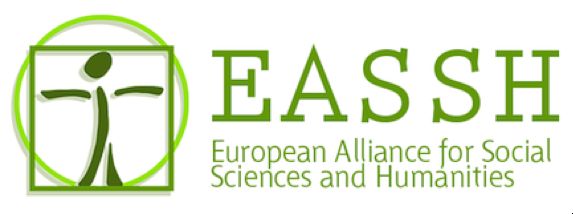
The European Alliance for Social Sciences and Humanities (EASSH) welcomes the opportunity to contribute to the consultation on the Ad-interim Review of Horizon 2020. EASSH represents 28 European scientific and scholarly associations with a combined membership of tens of thousands of researchers across the spectrum of SSH disciplines. Our submission focuses on those aspects that we feel are most likely to have an impact on the outcomes for Horizon 2020 and that we believe need to be considered by the High Level Working Group (HLG) also in view of current preparations for FP9.
Is Horizon 2020 delivering on its principal aims?
In 2010, the Commission published its Europe 2020 Strategy; a 10-year blue print for the development of the European project. The strategy set out the key policy areas, which the EU had prioritised for collective action: employment, innovation, education, poverty reduction and climate/energy. Horizon 2020 was intended to provide the research and support innovation to help the EU achieve the goals set in the 10-year strategy. The challenges faced were substantial and from the outset it was obvious that expertise from across all scientific fields would need to be harnessed. Horizon 2020 articulated this through the three-pillar structure: excellent science, industrial leadership and societal challenges.
EASSH would like to draw attention to the areas where we believe that Horizon 2020 may not deliver on its high ambitions. We look at the implementation of each pillar and raise issues which deserve further consideration in order to promote scientific approaches to the broader societal challenges faced by Europe.
Please view the entire paper here.
EERA Constitution
Please note, as EERA is organised as a German eingetragener Verein, the German version of the constitution is legally binding.